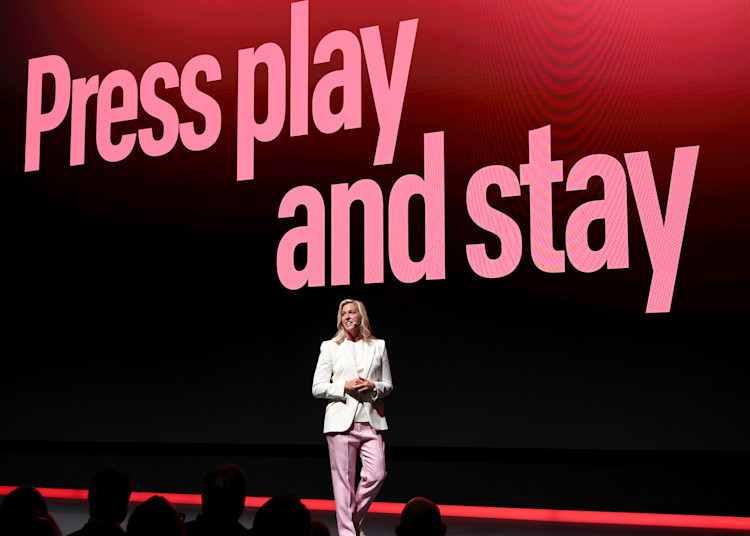A La Carte Bill Bowed
The cable industry continues to throw the bones at a la carte pricing. This week’s offensive comprised a bill unveiled at a House press conference attended by FCC Chairman Kevin Martin, a vociferous supporter of a la carte.
“Americans deserve greater control over content and their cable bills,” Martin said. “Our message today is very simple: no consumer should have to pay for content they do not wish to receive. Period.”
The bill, reintroduced by U.S. Reps. Dan Lipinski (D-Ill.) and Jeff Fortenberry (R-Neb.), would require cable and satellite TV operators (aka multichannel video providers, or MVPs), to reconfigure channel packages in one of three ways. They can block unwanted channels at no charge to subscribers; abide by the same indecency standards as broadcasters; or put news and sports in family tiers.
Under the first option, subscribers could order expanded basic--cable’s most popular tier--and opt out of whatever networks they don’t want. The cost of those networks would be subtracted from the tier price based on the monthly, per-subscriber fee paid to the various cable networks. Cable-only networks average roughly $1 a month.
Broadcast indecency standards prohibit indecent and profane material from being shown between 6 a.m. and 10 p.m., the so-called “safe harbor” daypart when children are most likely to be watching. A family tier would have to include all expanded basic channels except for shows rated TV-M and TV-14 during safe harbor.
The FCC at the behest of Capitol Hill cracked the indecency whip last year with $4.5 million in fines against broadcast networks. The nets took the commission to court and won at least one battle last week, provoking a string of indecent phrases from the FCC chairman himself.
A Fairfax, Va. organization dubbed “Institute for Liberty,” opposed Martin’s approach, calling the bill an “a la carte jihad against the subscription-TV industry.”
The cable lobby was slightly more subdued.
“Overwhelming evidence shows that a mandated a la carte regime would result in higher prices and less diversity in programming, overturning a video marketplace that provides U.S. consumers with the widest variety of programming found anywhere in the world,” said Brian Dietz, vice president of communications for the National Cable and Telecommunications Association.
The Consumer Union said, no, it’s a good thing.
“Consumers Union has long supported giving consumers greater channel choice in their cable programming, or ‘a la carte’ programming. Last year the FCC issued a report that found cable a la carte pricing could lower cable bills by as much as 13 percent.”
Get the TV Tech Newsletter
The professional video industry's #1 source for news, trends and product and tech information. Sign up below.
